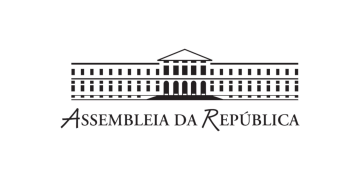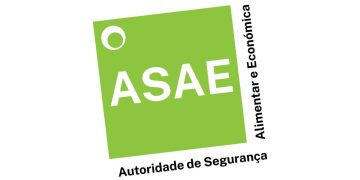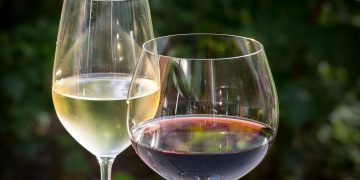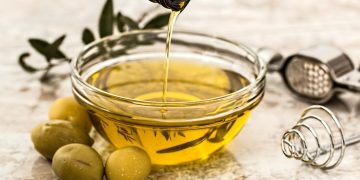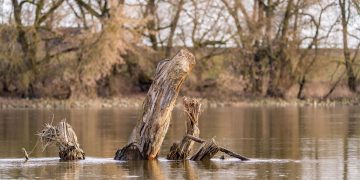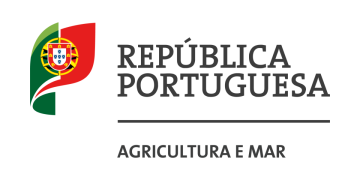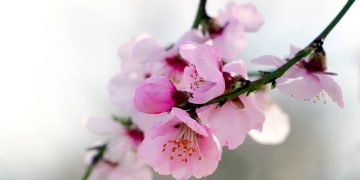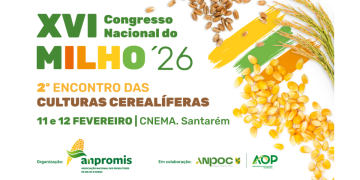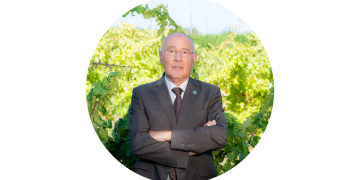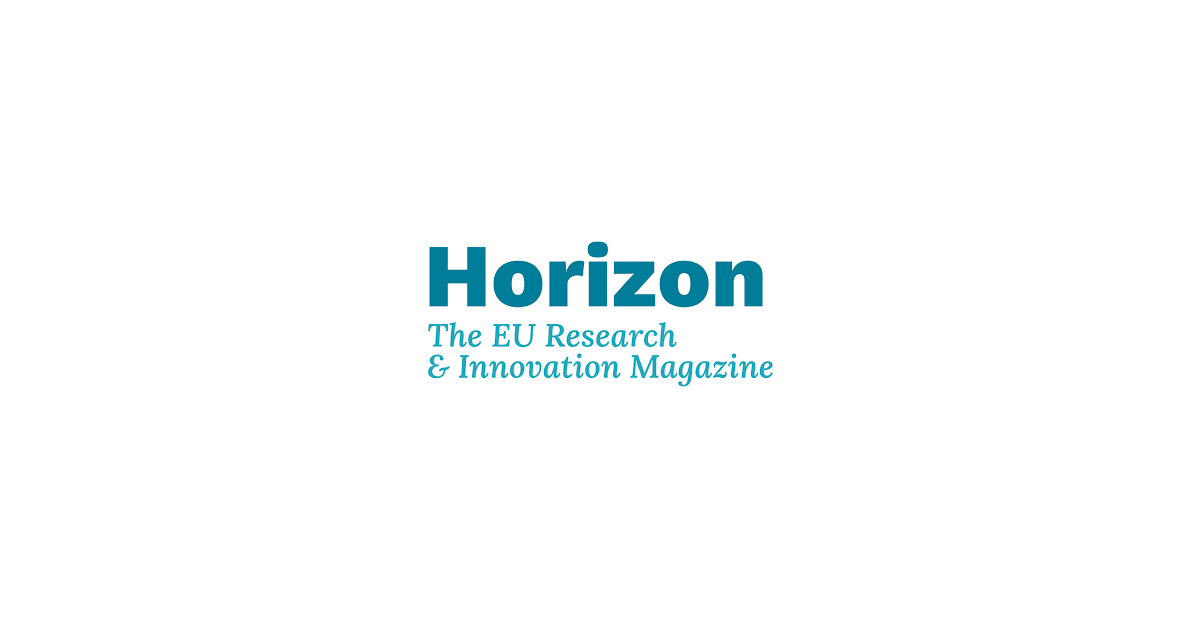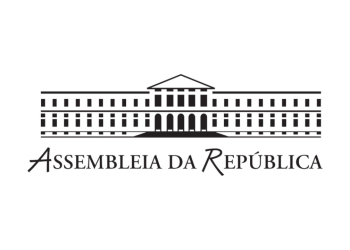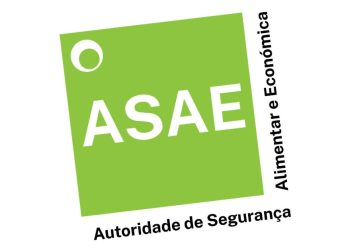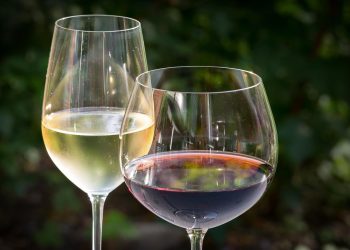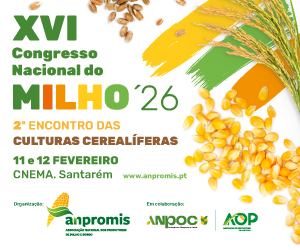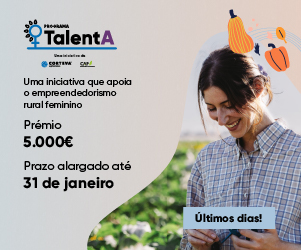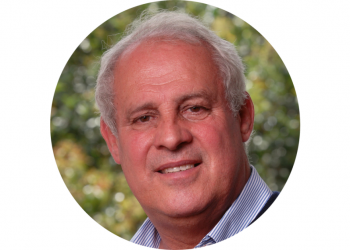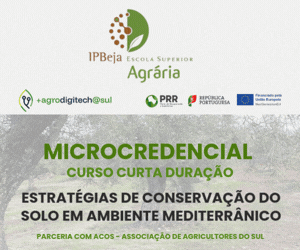In Palmela, a wine region near Portugal’s capital Lisbon, Miguel Cachão is focused on an unusual aspect of the autumn harvest.
He’s developing a technology for wineries to capture carbon dioxide and use it to grow algae. The CO2, produced when grape juice ferments, can cultivate a nutrient-rich freshwater algae called chlorella that has uses in animal feed, cosmetics, food supplements and wine production.
Economic, cultural motives
Winegrowers across Europe face twin squeezes from extreme weather caused by climate change and from heightened overseas competition. In Portugal, side income for the wine industry would also have cultural significance.
‘It’s such a big part of people’s lives, so even if a vineyard isn’t big or profitable, it’s important for them to keep producing,’ said Cachão, an agronomic engineer at the Association of Wine Growers of the Municipality of Palmela.
The Portuguese drink more wine per person than anyone else in the world, according to a 2021 study. Communities in the country have a strong bond with their local vineyards going back generations.
The EU itself is the world’s top producer of wine, accounting for almost half of global wine-growing areas in 2020.
Portugal, with its renowned full-bodied Douro reds and fresh Vinho Verde whites, ranks as Europe’s fifth-biggest wine producer.
Finding an extra source of income could save wineries in Europe from closure.
Algae profits
Cachão leads a research project that received EU funding to pioneer the technique of using CO2 to grow chlorella at wineries. Chlorella is a type of green algae whose photosynthetic qualities make it a source of food and energy. It’s also rich in antioxidants useful for the cosmetics industry.
Chlorella needs CO2, sunlight and water to grow. It converts sunlight into chemical energy needed to make carbohydrates, proteins and other compounds.
The process could generate more than €15 million a year for a winery with annual volumes of at least 7 million litres of wine – the amount of a large European producer.
“The algae importantly locks the CO2 in.
It could also cut wine producers’ greenhouse-gas emissions by at least 30%, according to the project. Called REDWine, it runs for four years until the end of April 2025 and is part of an initiative by the EU and industry called the Circular Bio-based Europe Joint Undertaking, or CBE JU.
The first demonstration unit will be ready at the end of 2023, according to Cachão, who coordinates REDWine.
It will be built about 100 metres from a local winery. A pipe will transport CO2 from the winery’s grape-fermentation tanks to the unit for compression. The CO2 will then be liquefied for storage and be ready for use in growing chlorella.
‘My hope is that we can show it’s viable for wineries of all sizes – small, medium and large – to use,’ he said.
Some wineries in Europe and elsewhere already capture CO2 and use it to protect their newly harvested grapes from oxidation, a process that can affect the final colour and aroma of wine. They also convert it into calcium carbonate to reduce the acidity of soil.
Locked-in CO2
But with both of these processes, the CO2 ends up back in the atmosphere, according to Cachão.
‘The algae importantly locks the CO2 in,’ he said.
REDWine involves 12 companies and other organisations in six countries: France, Germany, Ireland, the Netherlands, Portugal and Spain.
The participating companies include Algama, a French maker of foods from algae, and Spain-based Lipotec, a specialist in active ingredients for cosmetics.
Skins and seeds
Other potentially useful elements in winemaking are the leftovers from pressed grapes: the skins, pulp and seeds.
They’re full of naturally occurring chemicals that protect the grapes from sun damage and pests.
“We can extract this arsenal of compounds and make useful products.
Grape skins, pulp and seeds offer the prospect of healthy alternatives to antibiotics.
An EU-funded research project called NeoGiANT is developing natural therapies to help curb the use of antibiotics on animal and fish farms.
The project reflects growing concerns that resistance to antibiotics in animals and people is growing as a result of overuse in livestock and aquaculture.
‘Using them in healthy animals to prevent disease and infection – and not just as a treatment – has resulted in one of the biggest problems of our day: antibiotic resistance,’ said Marta Lores, a professor of analytical chemistry at the University of Santiago de Compostela in Spain.
Antibiotic substitutes
She coordinates NeoGiANT, which runs for four years through September 2025 and brings together universities, research institutes, farming representatives and companies from nine countries.
Partners come from Belgium, the Czech Republic, Germany, Hungary, Poland, Portugal and Spain and – outside the EU – Argentina and the UK.
Antimicrobial resistance occurs when bacteria, viruses, fungi and parasites change over time and no longer respond to medicines, making infections harder to treat and increasing the risk of disease spread, severe illness and death, according to the World Health Organization.
The NeoGiANT researchers are extracting antioxidants and eubiotics – additives that improve the gut health of animals – to use in feed. The goal is to make animals more resilient to infection and disease.
‘We can extract this arsenal of compounds and make useful products from them,’ said Lores.
The grape waste is also yielding treatments for some of the most common animal diseases including mastitis – a mammary gland inflammation – in cows, post-weaning diarrhoea in pigs and a skin disease called exudative epidermitis in piglets. These are currently mainly treated using antibiotics.
In addition, the project aims to substitute antibiotics for antimicrobial extracts in semen extenders. These are preservatives that prolong the life of semen collected for artificial insemination in livestock farming.
If all these compounds are successful, 12 new products will be ready for market by the end of the project.
Lores expects most of the planned products to be successful. But she said that, even if the total ends up being less than a dozen, the research effort will have been worthwhile.
‘If only one of the products is marketed, that will mean fewer antibiotics used,’ Lores said. ‘In the end, all will benefit. The healthier the livestock, the healthier the food humans are eating.’
Research in this article was funded by the EU. The views of the interviewees don’t necessarily reflect those of the European Commission. If you liked this article, please consider sharing it on social media.
O artigo foi publicado originalmente em Horizon, the EU Research and Innovation Magazine.

